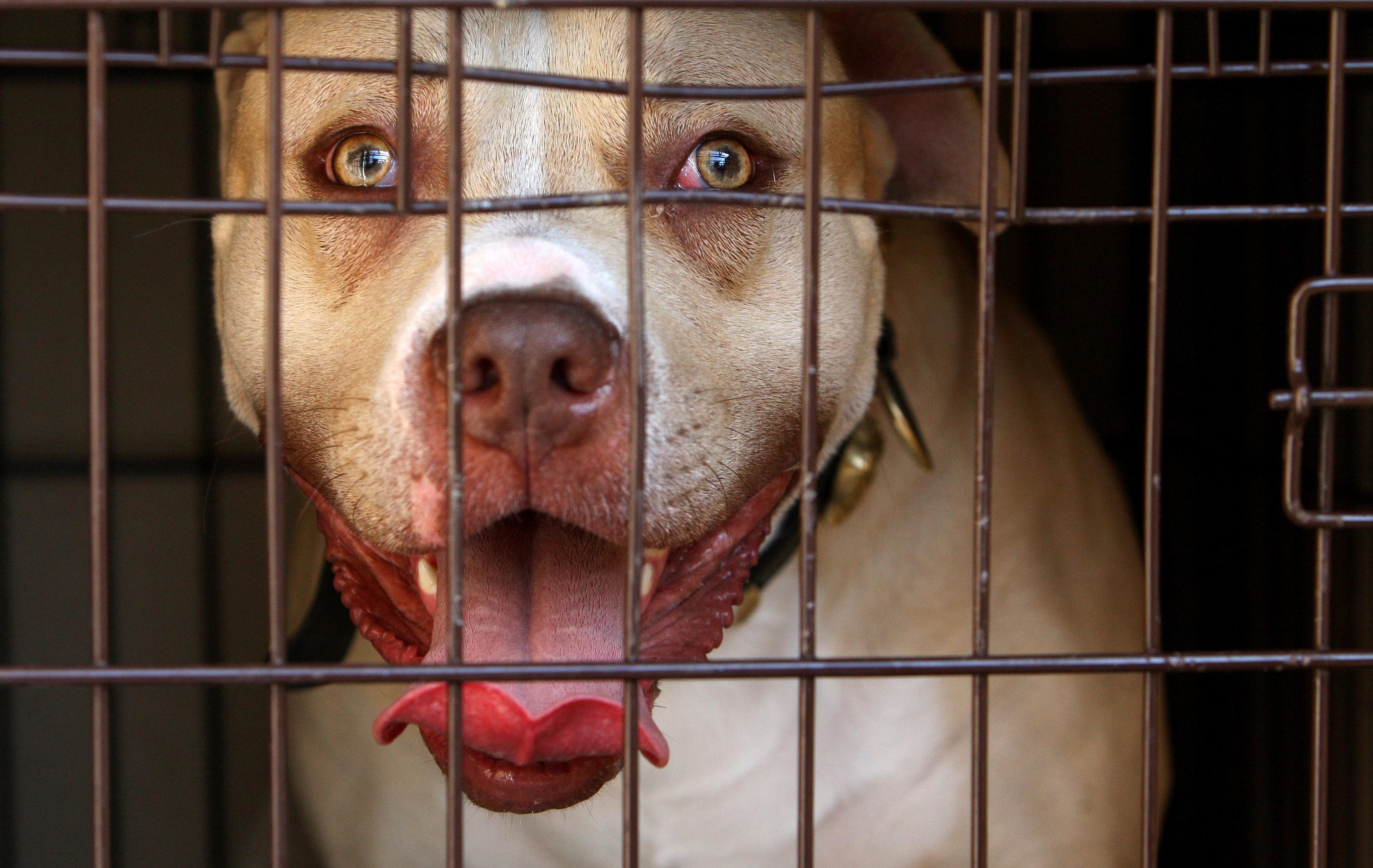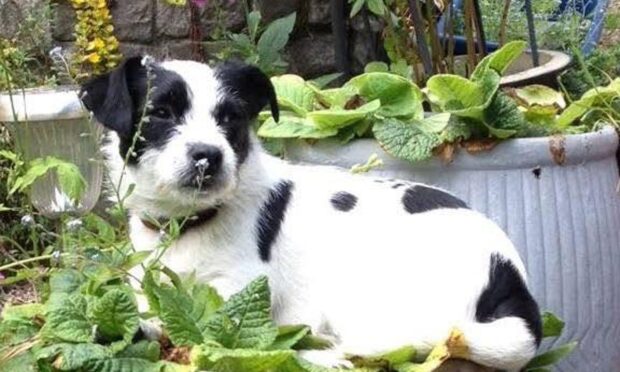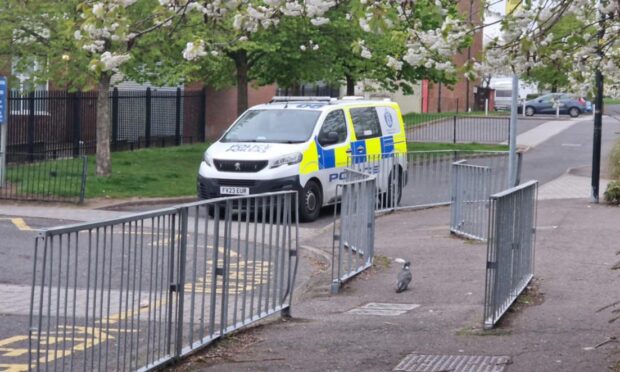More than a quarter of the 170 people treated in hospital after dog attacks in Tayside were pensioners and young children.
Information released by NHS Tayside revealed of the people treated in its hospitals after attacks since 2015, at least 24 were aged over 70 — including two aged over 90 — and 19 were children under the age of 11.
Since 1991 it has been illegal for dogs to be ‘out of control in a public place’ meaning an owner can be charged if their dog attacks another person.
In 2014 the law was amended to include incidents on private property, such as gardens.
This week, The Courier reported Dundee GP Esther Wilson had been cleared over a dangerous dog charge after the dog she was walking — which belonged to her daughter — attacked a woman in Dundee’s Old Craigie Road.
In an appearance at Dundee Sheriff Court on Wednesday, Dr Wilson admitted being in charge of the dog at the time of the incident — but was cleared after her lawyer argued there was no evidence she knew there was any chance the dog would attack someone.
Finlay’s mother, Terri Thorburn, said she believes current laws are not strong enough.
She said: “I feel there needs to be stricter legislation on dog ownership, especially the bigger and more dangerous breeds.
“Owners should be vetted and regular checks should be in place, particularly for dogs that have attacked or shown aggression previously whether it be towards a human or an animal.”
She added: “I also think that someone who may, for instance, be old and frail shouldn’t be left in charge of a dog that they can’t control.
“Another problem is owners who do not muzzle their dogs when they know they can be aggressive.”
According to a 2016 report by the People’s Dispensary for Sick Animals (PDSA), there has been a rise in dog behavioural issues in the UK in recent years.
Katy Orton, a vet nurse with the PDSA says that aggressive behaviour can be shown by any dog regardless of breed and that adequate training plays a vital role in obedience.
She said: “The truth is that any dog, no matter what breed, can behave in an aggressive or undesirable manner – but with some training, many problems can be overcome.
“The most important thing is to take it seriously – the sooner aggressive behaviours are addressed, the better the chances are of correcting it.
“Dogs showing signs of aggression, such as growling, snarling and snapping have the potential to cause harm to another animal or person so any signs of aggression need to be tackled early.”










